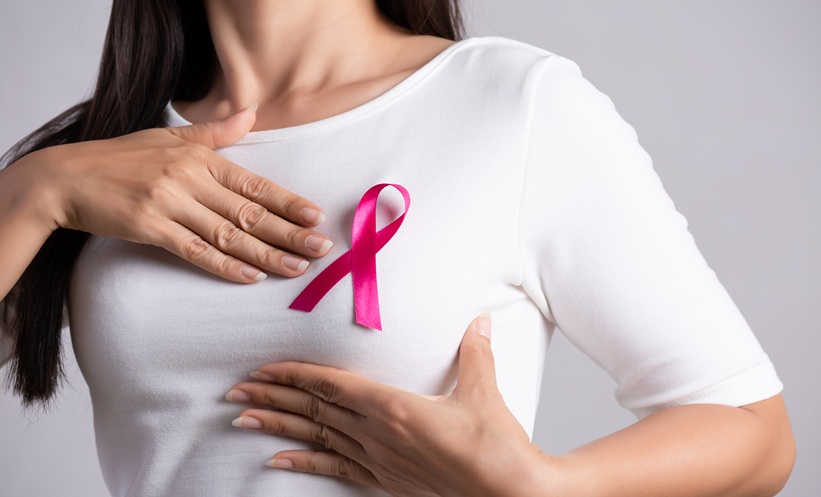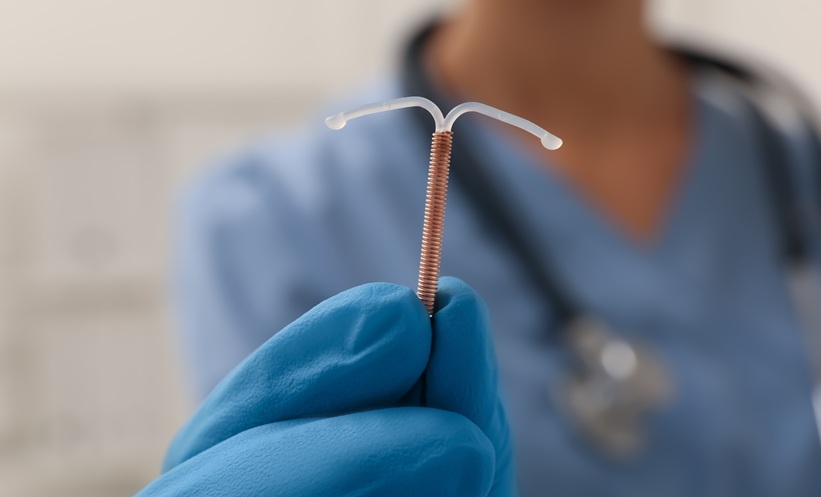A NEW survey of breast cancer survivors has revealed that sexual health concerns are both widespread and severely under-addressed in survivorship care. The WISH-BREAST (Women’s Insights on Sexual Health After Breast Cancer) study highlights a pressing need for improved clinical communication and support around sexual health after cancer.
In this large, anonymous online survey of 1,775 women, with a median age of 47.5 years, nearly 90% reported a moderate to significant change in their sexual health following breast cancer treatment, with 85% experiencing distress as a result. The most frequently reported issues included decreased interest in sex (85.8%), vaginal dryness (78.2%), reduced arousal (69.2%), body image concerns (60%), and dyspareunia (59.4%).
The impact was not only personal but relational, 72.3% of participants said their sexual health changes had affected their relationships. Despite the prevalence of these concerns, 73% of respondents reported receiving no information about sexual health from their care team, and among those who did, the majority (71%) had to initiate the conversation themselves.
Interestingly, 80% of respondents turned to social media for information and support on sexual health, with the majority relying on content from healthcare professional accounts.
“These findings confirm what many survivors already know. sexual health is a deeply important yet neglected part of post-cancer care,” said lead author Dr Laila Agrawal. “We must do better to normalize, assess, and address these issues in clinical practice.”
The results not only underscore the need for routine integration of sexual health into oncology care, but also highlight the growing role of digital platforms and clinician-led social media as critical tools for patient education.
Reference
Agarwal LS et al. Women’s Insights on Sexual Health After Breast Cancer (WISH-BREAST) Survey. JCO Oncol Pract. 2025;DOI: 10.1200/OP-25-00043.








